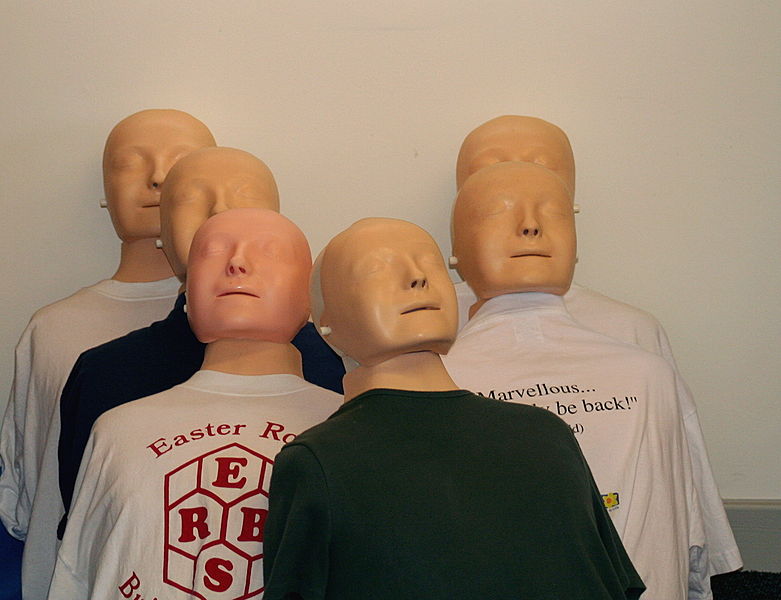In “The view From the Year 2000,” a 1971 Life article, Buckminster Fuller, ever the technological positivist, saw skies that were blue and cloudless. Our gadgets have grown much more powerful, but we’re still waiting for his future to arrive. An excerpt:
“A lot of what you’re hearing today is absolute nonsense,” he said. “The population bomb. There is no population bomb! Industrialization is the answer to the population problem. In colonial times, the average American family had 13 children, but now that we can count on the little ones growing up healthy, the average is about two. That’s evolution working–where industrialization occurs, the birth rate simply goes down. Now, of course, you have the environmentalists telling you that you can’t industrialize any further because of pollution, which is more nonsense. Pollution is nothing but resources we’re not harvesting. We allow them to disperse because we’ve been ignorant of their value. But if we got onto a planning basis, the government could trap pollutants in the stacks and spillages and get back more money than this would cost out of the stockpiled chemistries they’d be collecting.
“Margaret Mead gets quite cross with me when I talk like this because she says people are doing very important things because they’re so worried and excited and I’m going to make them relax and stop doing those things. But we’re dealing with something much bigger than we’re accustomed to understanding, we’re on a very large course, indeed. You speak of racism, for example, and I tell you that there’s no such thing as race. The point is that racism is the product of tribalism and ignorance and both are falling victim to communications and world-around literacy.
“These social adjustments we’re witnessing are very big. They are marvelous, the most marvelous part of the whole show. They don’t get done overnight, but they’re actually happening so fast I can’t believe it. In my lifetime, I’ve seen a fantastic amount of change, and I know we’re going through something very extraordinary in the history of the world. We’re going through some great flume, and if we will only hold on and have patience and respect the integrity of the universe itself, we’ll make it beautifully together.”•



